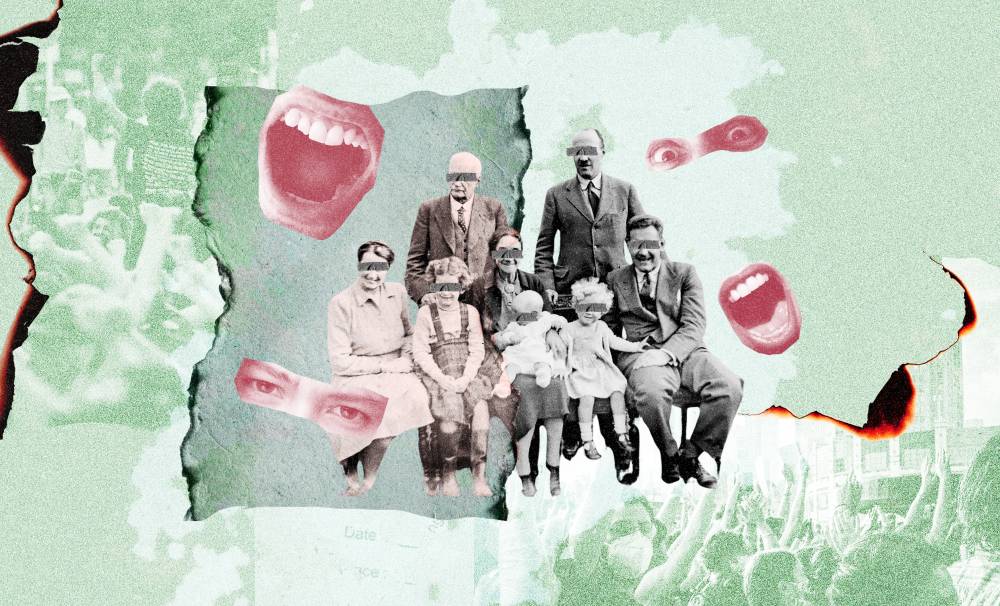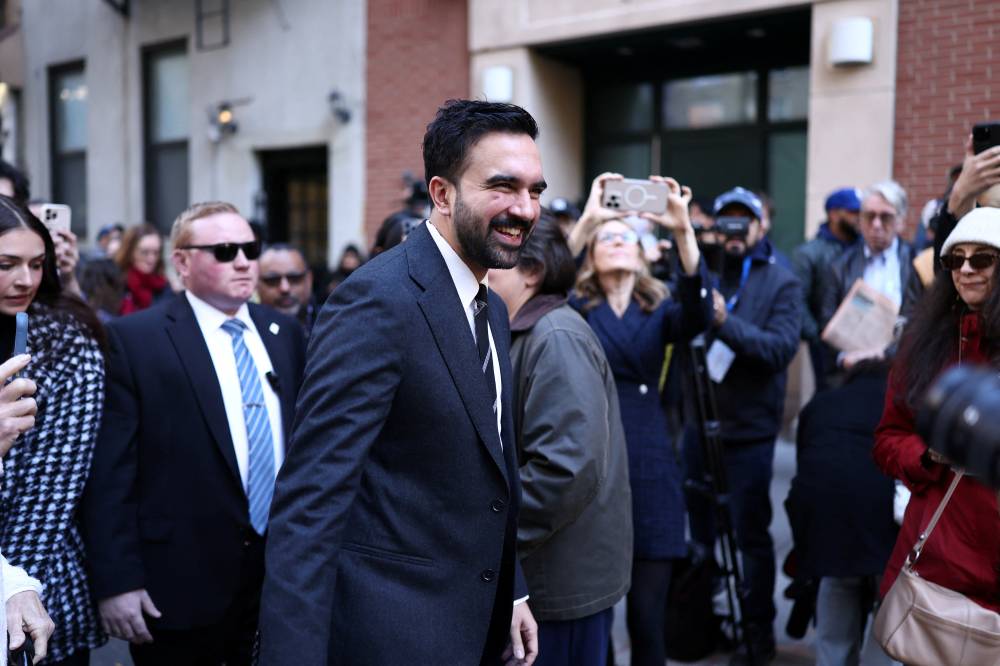All in the family

So New York City’s next mayor, Zohran Mamdani—c’mon, we all know he’s going to win—referred to a hijab-wearing woman as his aunt, and when it was discovered that she was in fact his father’s cousin, not sister, scores of white people lost their collective shit and called him a liar.
Until then, they had been desperately searching for a smear that would stick in order to discredit the charismatic Mamdani, who, once elected, would be NYC’s first Muslim immigrant mayor, a leftist and a millennial to boot, representing a seismic change in American politics.
But the quick-witted candidate has so far managed to deftly brush aside criticism from his mayoral rivals as well as—let’s be honest—racist and Islamophobic voters, of course, apoplectic that a twinkly-eyed brown-skinned man who would prioritize the needs of all his constituents and not just the billionaire class may very well be the new mayor of the richest city in the world.
Racist colonizer energy
The vein-popping outrage over Mamdani’s perceived fabrication of a close relative’s actual relationship to him reveals not just the paucity of actual dirt on his person and his past but also the utter lack of understanding of the contiguous nature of the family in black and brown societies, how interwoven and interconnected generations are, and how respect for elders is deeply ingrained in our cultures.
Considering how obsessed white people seem to be with their genealogy, to the point of proclaiming, when the occasion arises, that so-and-so (insert US founding father/decorated war general/president/British monarch or noble here) is their sixth cousin thrice removed, whatever that means, not to mention everyone’s ethnicity—“No, really, where are you from?”—one would think that they would have an appreciation of the deep bonds among family members in varying degrees of consanguinity.

After centuries of othering non-whites, is it any wonder that they don’t know that “auntie” can apply to a parent’s sister, cousin, or even a close family friend, such as the mother of a classmate, or simply an older woman? Ditto for “uncle” with regard to male relatives and elders.
Frankly, it’s giving racist colonizer energy, and those who persist in being culturally arrogant as well as ignorant do so at their own peril, for, as we all know, the Western empire is sputtering towards its own demise.
By the same token, Asians and Africans who fail to address their elders with the respectful “auntie” or “uncle” do so at their own peril, for a tsinela may be flying across the room from a horrified parent to bop the insolent child on the head.
A tenet of good home training
As the delightfully outspoken British Nigerian political and women’s rights activist Dr. Shola Mos-Shogbamimu points out, “I didn’t have it in my bingo card for 2025 that we would be educating white people on who an auntie is… Elder respect is a fundamental tenet of good home training.”
That Mamdani referred to his father’s female cousin as his aunt speaks volumes about his upbringing. That white people chose to use this to smear his character speaks volumes about their lack of it. At the very least, it illuminates the fundamental differences between the notion of family in our respective cultures, the individualistic versus the collective.
For them, the individual’s needs are privileged above all else, to the point sometimes of selfishness, not to mention disconnectedness with the community at large. For us, the family is the smallest and most significant unit of society; the communities we build reflect the families we were raised in and the values we give importance to. The extension of the family to the wider community highlights the ties that link us to each other, and the respect we accord one another, especially those who are older than us.
We are family
This is not to say, of course, that life within our extended family structures is always bliss. In a society where everyone is tito, tita, manong, manang, kuya, and ate, the blurring of private and public lives can be frustrating, and in the case of some government officials, that applies to the blurring of private and public funds as well. Allowing authority to go unchallenged out of respect for our elders can be suffocating; on a national level, it can paralyze us into a state of arrested development.
It can also be disingenuous, if not prone to abuse.
The mother of an ex-boyfriend used to tell my friends and me how much she despised the custom of calling older women “tita” out of so-called respect. “Stop with this tita nonsense,” she, a dignified ambassador’s spouse, bluntly admonished a younger woman once, a sultry chanteuse. “Don’t call me tita when I know you’re sleeping with my husband!”

















